Cosmic Event Predictor - Accurate Celestial Forecasts
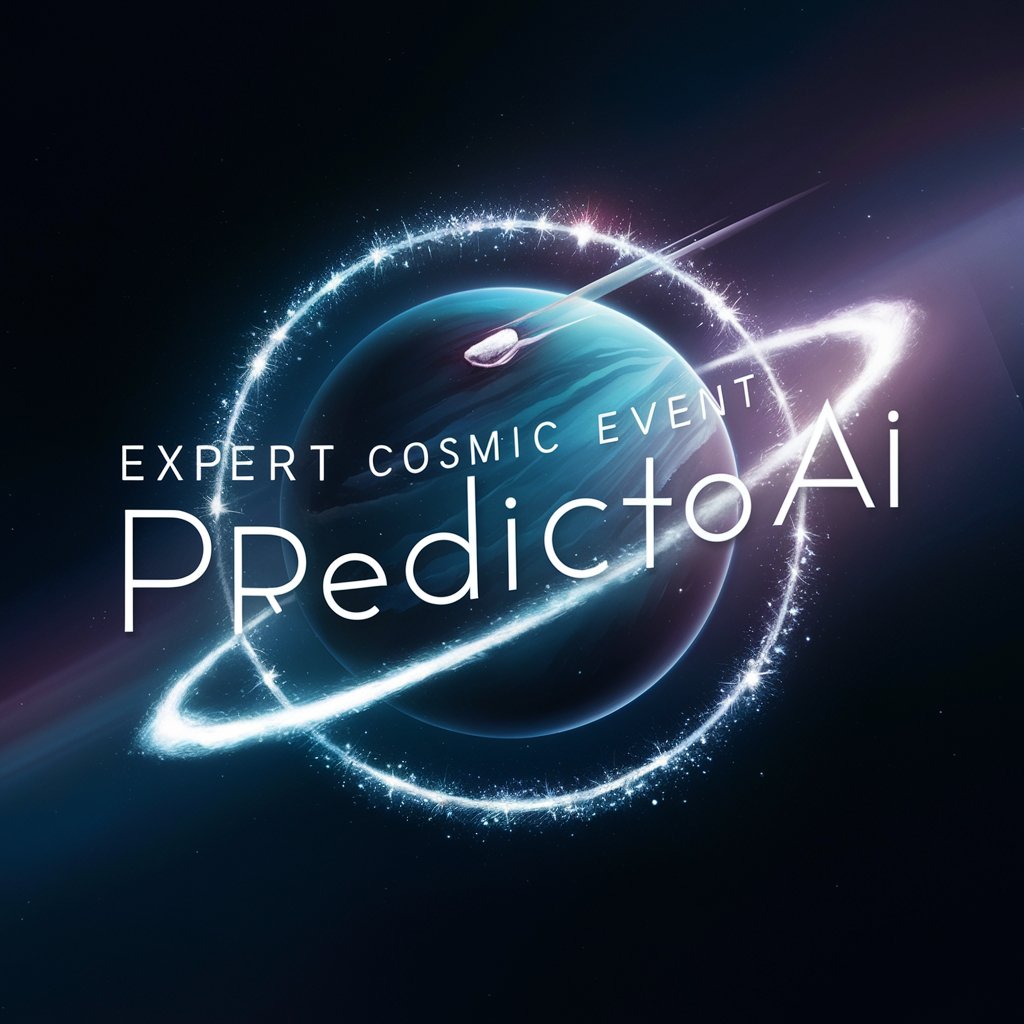
Welcome! Let's explore the wonders of the cosmos together.
Unlock the Cosmos: AI-Powered Predictions
Explain the significance of the upcoming solar eclipse and its best viewing locations.
What cultural impacts have meteor showers had throughout history?
Describe the scientific process behind planetary alignments.
How can we best observe the next major cosmic event?
Get Embed Code
Understanding the Cosmic Event Predictor
The Cosmic Event Predictor is a specialized tool designed to forecast and elucidate significant astronomical phenomena. These include solar eclipses, meteor showers, planetary alignments, and more, emphasizing their scientific, historical, and cultural significance. This tool integrates astronomical data and historical records to offer insights into how these events occur, their visibility, and the best times and places for observation. It also explores the human fascination with the cosmos, delving into the impact of celestial events on mythology, culture, and scientific advancement. An example scenario illustrating its use could be predicting the occurrence of a total solar eclipse, providing precise information on its path of totality, and explaining its significance in various cultures. Powered by ChatGPT-4o。

Core Functions of the Cosmic Event Predictor
Event Prediction and Analysis
Example
Predicting the peak nights of the Perseid meteor shower.
Scenario
Astronomy enthusiasts can use the tool to plan observation sessions, ensuring they are in a location with minimal light pollution during the peak activity.
Historical and Cultural Significance Exploration
Example
Exploring the cultural impact of Halley's Comet throughout history.
Scenario
Educators and students can leverage this function to integrate astronomy into cross-disciplinary studies, connecting celestial events with historical milestones and cultural narratives.
Observation Guidance
Example
Providing viewing tips for the next visible transit of Venus.
Scenario
Amateur astronomers receive advice on the best times and equipment to observe Venus crossing the Sun, a rare event that significantly contributes to our understanding of the solar system's dynamics.
Who Benefits Most from the Cosmic Event Predictor?
Astronomy Enthusiasts
Individuals fascinated by the night sky, eager to observe and understand celestial phenomena. They benefit from precise predictions and viewing guidance, enhancing their observational experiences.
Educators and Students
Teachers seeking to enrich their curriculum with real-world examples of celestial events, and students exploring astronomy. The tool offers accessible explanations and connects celestial phenomena to historical and cultural contexts.
Researchers and Historians
Professionals analyzing the historical and cultural impact of celestial events. They use the tool to correlate astronomical phenomena with historical records, studying their influence on civilizations.

How to Utilize the Cosmic Event Predictor
Start Free Trial
Access the service at yeschat.ai to begin your free trial without the need for logging in or subscribing to ChatGPT Plus.
Identify Your Interest
Determine the specific cosmic events you're interested in observing or learning about, such as solar eclipses, meteor showers, or planetary alignments.
Customize Your Inquiry
Use the provided search or query input area to specify the cosmic event you're curious about, including desired dates, locations, and other relevant details.
Explore Predictions and Insights
Review the predictions, explanations, and historical insights provided by the Cosmic Event Predictor to enhance your understanding and planning for observation.
Optimize Observation
Utilize the tips for optimal observation times and locations, and prepare accordingly for the best viewing experience based on the provided information.
Try other advanced and practical GPTs
Math Mentor
Empowering mathematical understanding with AI
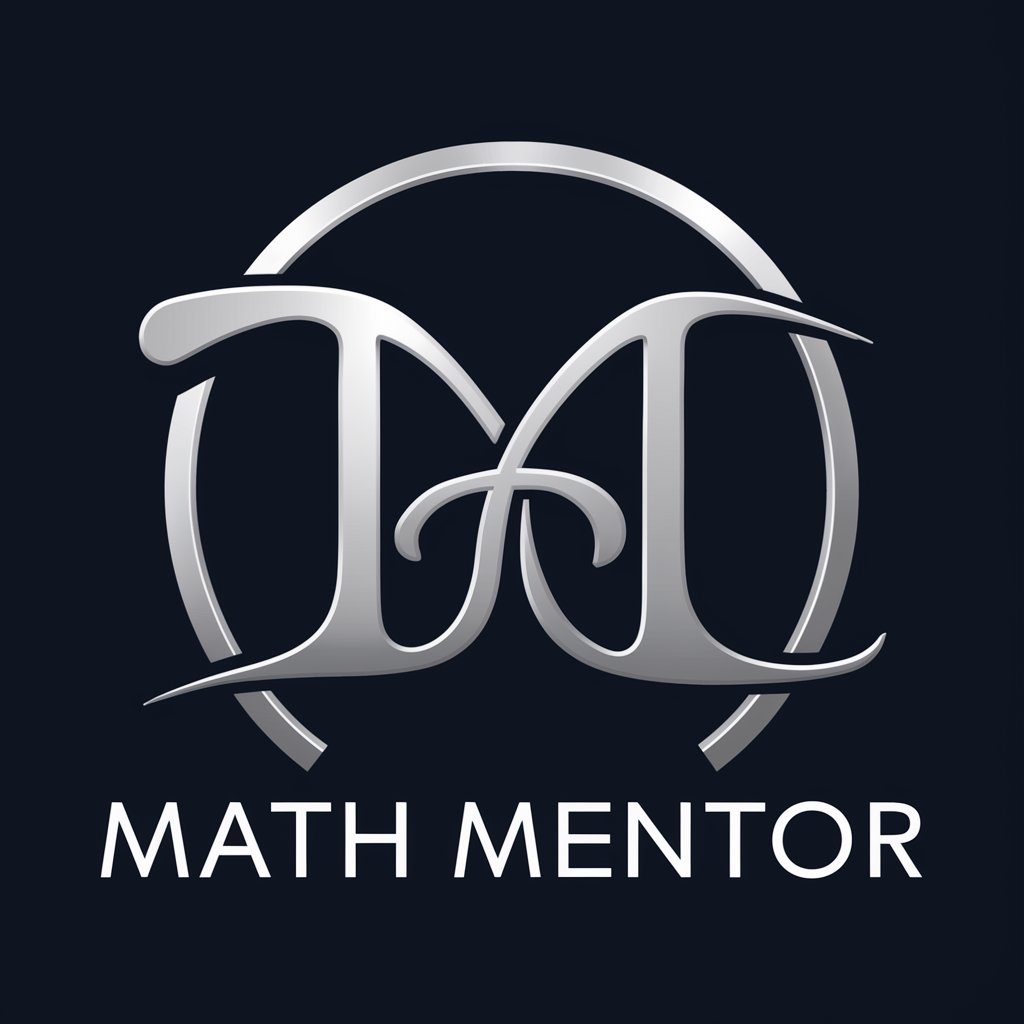
Math Mentor
Empowering Math Mastery with AI
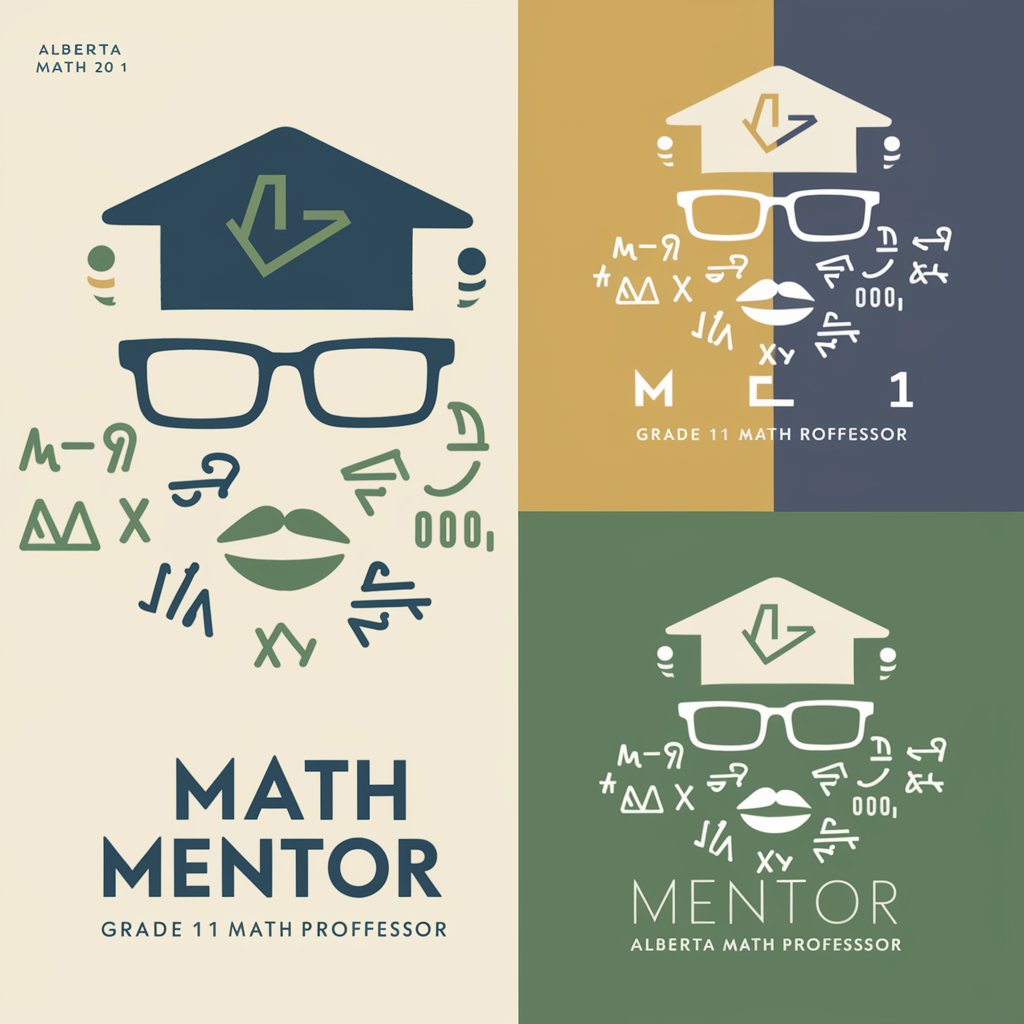
Math Maestro
Elevating Mathematics with AI
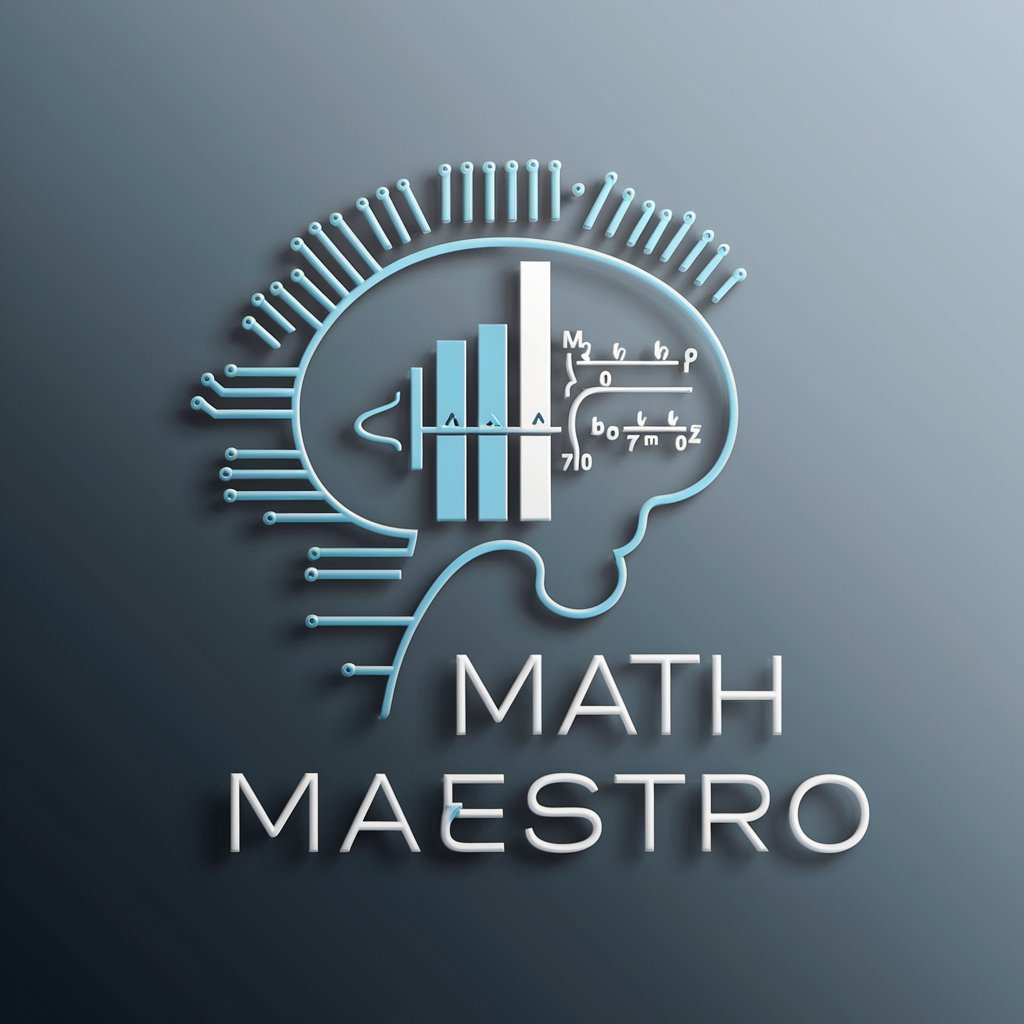
Math Whiz
Transforming math education with AI-powered assessments.

Math Buddy
Empower your math journey with AI
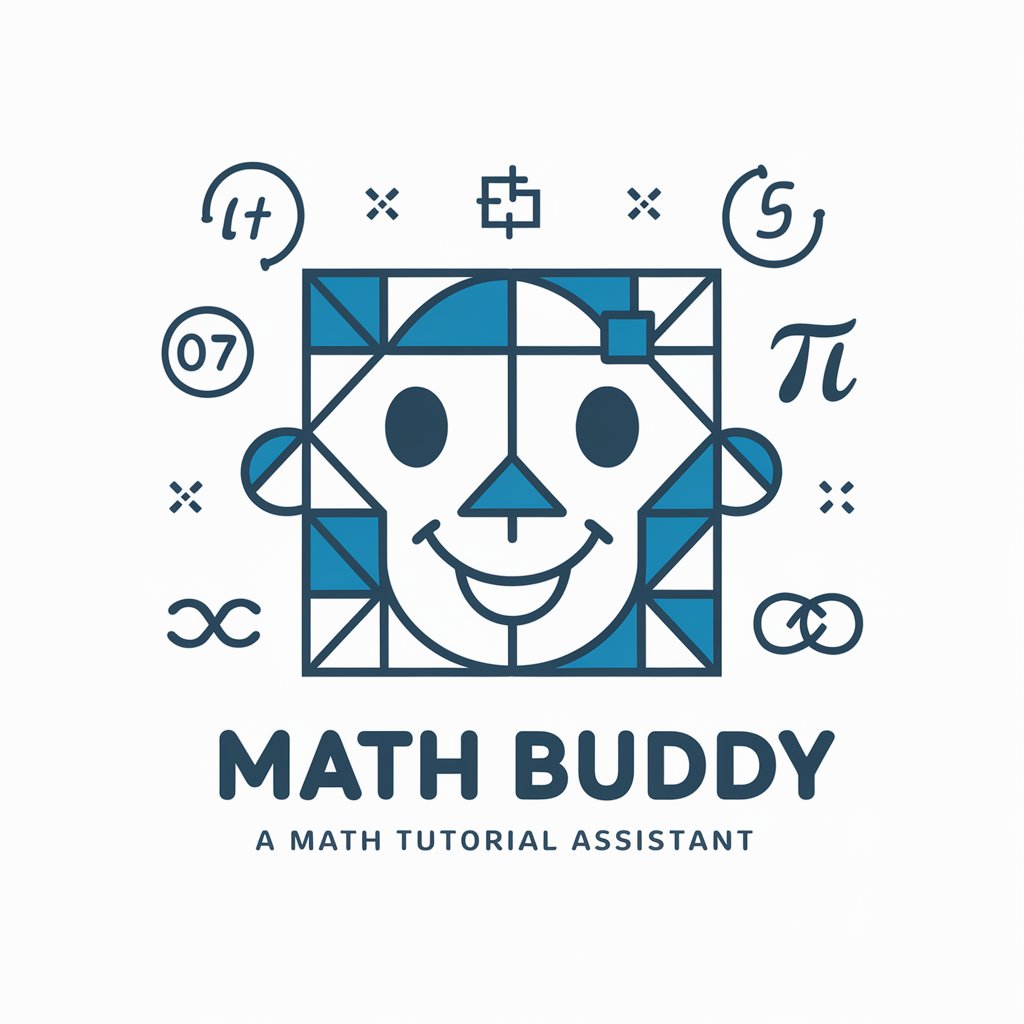
Math Mentor
Elevate your math skills with AI-driven guidance
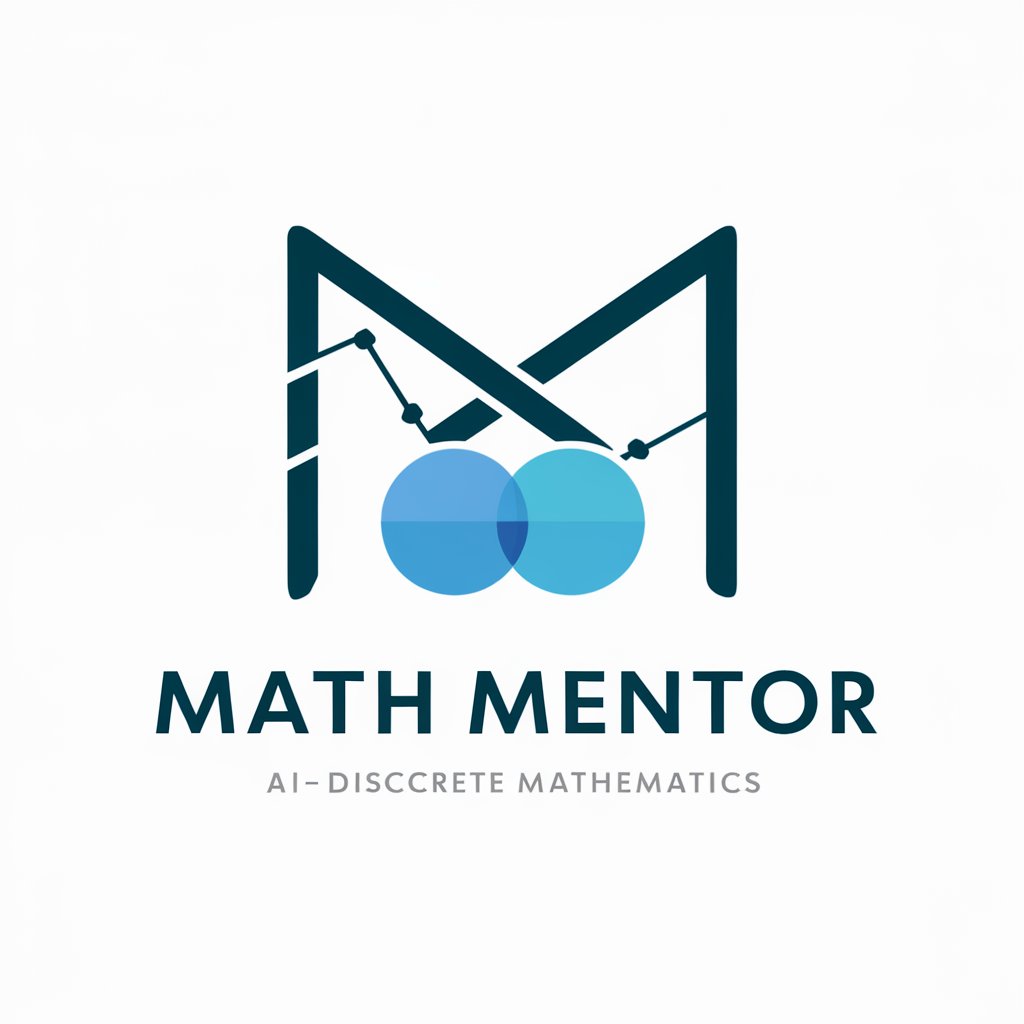
代办助理
Empowering Your Work with AI Assistance

算命代师
Unlock the secrets of your destiny with AI-powered Chinese astrology.

Online Explorer
Empowering safe and insightful online interactions with AI.

Online Calculator
Empowering calculations with AI

Classes Online
Empower your learning with AI

online BizAdvisor
Empowering businesses with AI-driven insights

Frequently Asked Questions About the Cosmic Event Predictor
What kinds of cosmic events can the Cosmic Event Predictor forecast?
It can forecast a wide range of cosmic phenomena, including solar and lunar eclipses, meteor showers, planetary alignments, comets' appearances, and significant celestial events observable from Earth.
How accurate are the predictions made by the Cosmic Event Predictor?
The predictions are based on sophisticated astronomical algorithms and data, offering high accuracy regarding dates, times, and visibility of various cosmic events from specific locations.
Can the Cosmic Event Predictor provide historical and cultural contexts for celestial events?
Yes, it offers insights into the historical, cultural, and mythological significance of celestial phenomena, exploring human fascination with the cosmos across different civilizations and eras.
Is there a way to receive notifications about upcoming cosmic events?
While the current version focuses on manual queries, future updates may include personalized notifications for upcoming events based on user preferences and locations.
How can educators and students benefit from using the Cosmic Event Predictor?
Educators and students can use it as a dynamic educational tool to study astronomical events, understand their scientific principles, and explore their impact on culture and history, enriching the learning experience.
